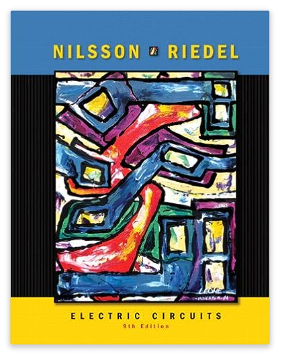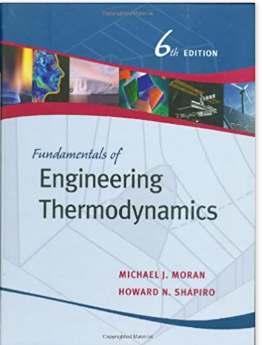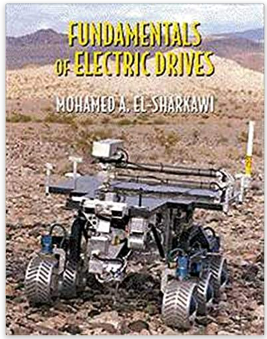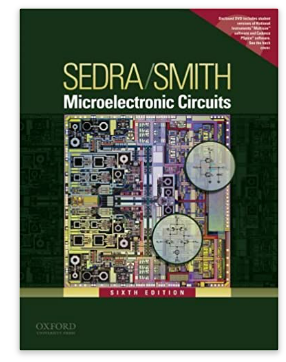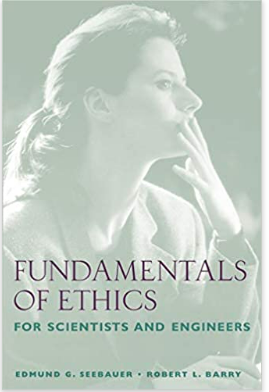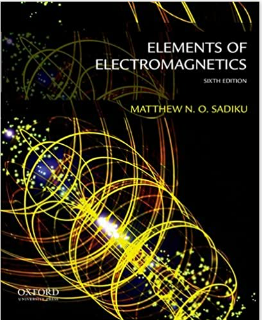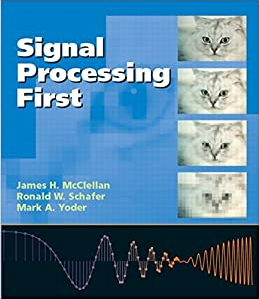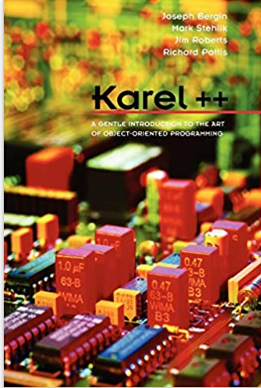I would call this a decent textbook. The explanations were fairly clear and it gives quite a few example problems at the end of the chapters and often showed a couple of different ways to solve the problems. Luckily I had a teacher who walked through a lot of examples in class, and sometimes she made things a bit easier than the book's explanations. The one nitpicky point is, as others have pointed out there are no answers in the back of the book (or on CD) to any of the problems. And as is the case with most math, science, and engineering textbooks the amount of (and difficulty level) of the problems in the set at the end of the chapters far exceed what is shown in the examples either in the chapter text itself, or the more detailed fully worked out examples will show you how to do. So having some kind of answer key to check yourself would be helpful.
Overall I would say it is a good, but not a great book. The chapters can get a bit long, and honestly, I think the publishers would do a service to students to put out a version of the book with just the material that a one-semester-long fundamentals course would cover. That way students who have to take a full year and get the longer version of the book and students who are just taking the one-semester can get it a little cheaper. But, it is better than some math and science textbooks out there.


